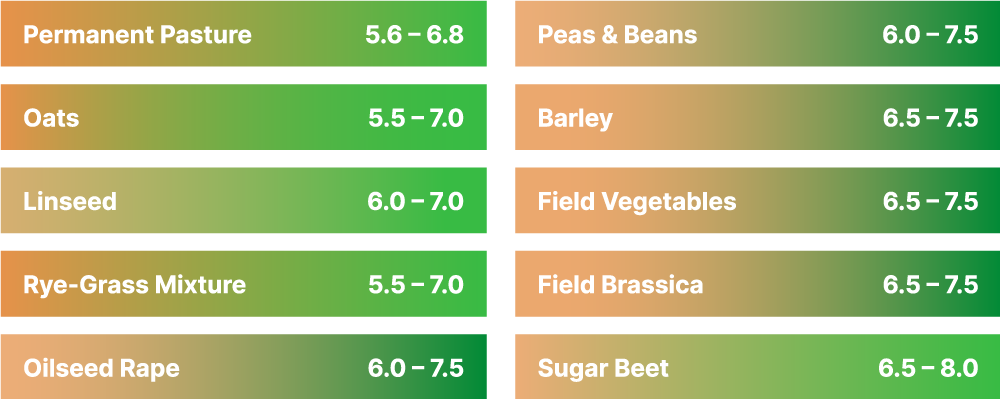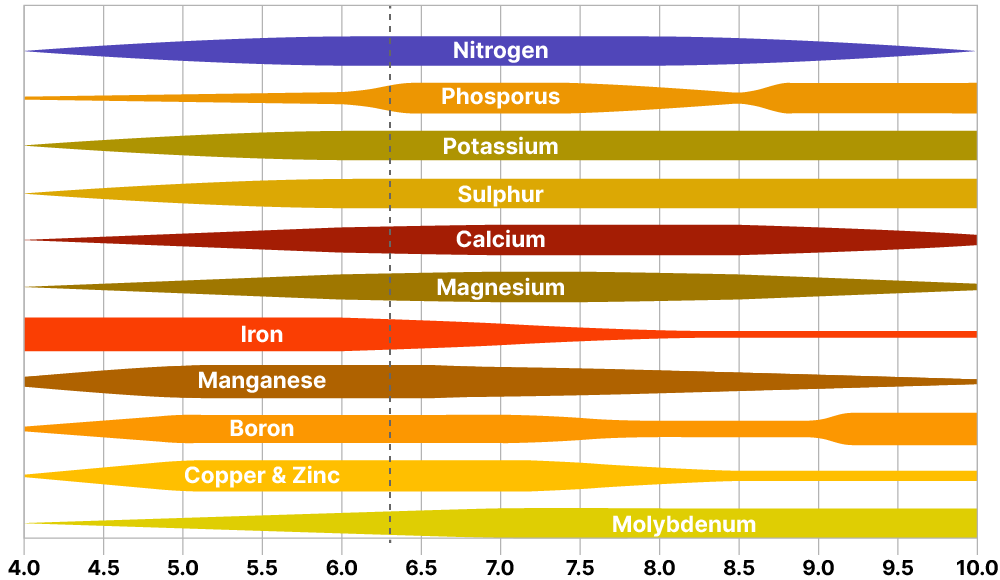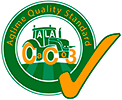Glendinning’s have been producing naturally quarried Agricultural Lime for over 50 years and it is produced to the highest standards, which has now been substantiated by the award of the AgLime Quality Standard (AQS) by the Mineral Products Association.
Limestone rock is ground in mills, as the effectiveness of a liming material is dependent upon its fineness of grinding, the relative hardness of the parent rock and the neutralising value.
Under the UK Fertiliser Regulations 1991 and the Regulation (EU) 2003/2003 Fertilisers, which set the standards for the sale of Agricultural Lime, these criteria are given values and Glendinning’s lime meets one of the highest standards of these for naturally quarried lime and can be classified as Ground Agricultural Lime or Standard Quality grade, making Glendinning the only producer in Devon and Cornwall.
Acidity (pH) is the enemy of the productive potential of grassland and arable soils, ultimately resulting in lower arable yields, reduced livestock growth and reduced income. Using lime can effectively help reverse these problems
Lime is removed from the land by
Regular soil testing and application will maintain the lime status of the soil ensuring that, for grassland, a preferred pH values of 6.0 and, for arable soils, 6.5 may be maintained. Lime is a simple and cost effective way of reducing acidity.

Maintaining the appropriate pH of your soil is the most remunerative investment a land manager can make. A small deficiency in soil pH can significantly impact crop yield. Whereas the application of Glendinning Lime can be a key ingredient in helping soils reach their full potential.








